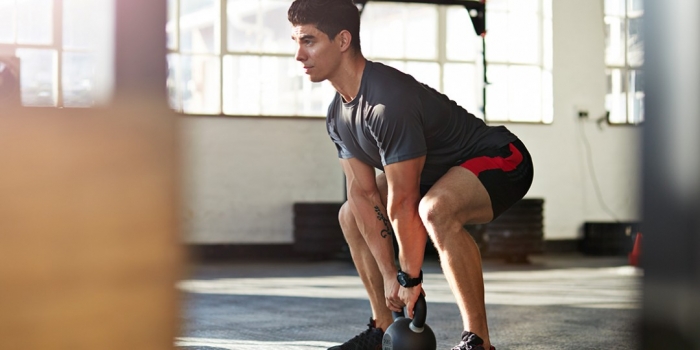The researchers assessed 171 men between the ages of 18 and 40, collecting information on their height, weight, waist, size, muscle circumference, hand grip and arm and chest strength. They also surveyed the men on how often they go to the gym, their wealth, whether they support the redistribution of wealth and whether they believe some social groups should be dominant over others.
The study found a significant correlation between those men who were heavier and stronger and the belief that some social groups should dominate others. These men were also less likely to support the redistribution of wealth, a typically left wing principle.
Specifically, the researchers found a specific correlation between the number of hours spent in the gym and having less egalitarian socioeconomic beliefs.
Dr Michael Price, a senior lecturer in psychology at the university and the lead author of the study, suggested the findings could come down to three things: The result of the men “calibrating their egalitarianism to their own formidability”, that less egalitarian men strive to become more muscular or there could be a third variable at play.
“Our results suggest that wealthier men who are more formidable physically are more likely to oppose redistribution of wealth,” he said. “Essentially, they seem more motivated to defend their resources. But less wealthy men who are still physically formidable don’t seem more inclined to support redistribution either. They’re not demanding a share of the wealth.
“A key question for future research might be whether certain personality traits, such as narcissism or a drive for dominance, might be related to both muscle-striving and inegalitarianism.”
The study also investigated facial appearance by using both software and individual raters to view participant’s faces and say whether they found them dominant and attractive. Contrary to predictions, there was no correlation between being considered typically attractive and their beliefs on socioeconomic equality.
More about: #gym
















































